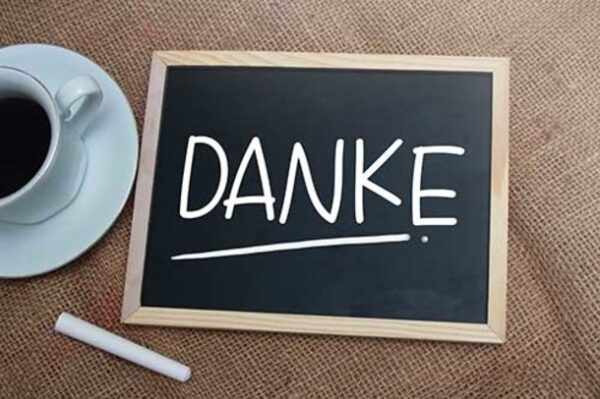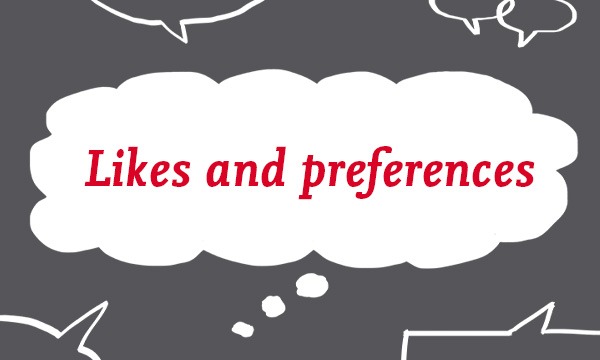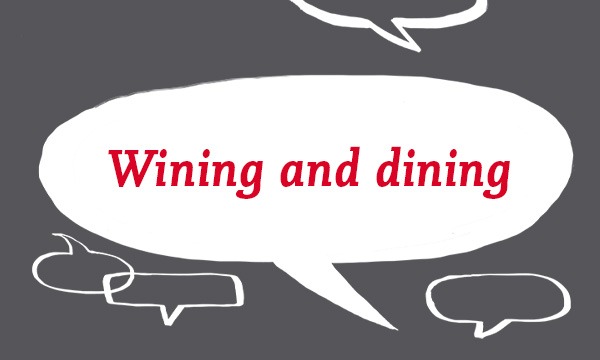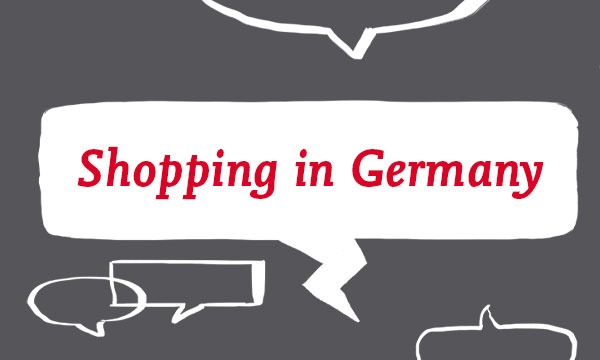If you’re visiting a German-speaking country, you’ll want to be able to chat to people and get to know them better. The nuts and bolts of conversations revolve around common courtesies, such as asking people how they are, and saying please and thank you.
As in English, in German there are several ways you can ask someone how they are, and a variety of ways to reply. Among friends, the most common thing to say is wie geht es dir? or wie geht’s? (how are you?). In a more formal situation, it’s best to use the polite form of the verb, so wie geht es Ihnen? (how are you?).
When it comes to replies, there are, of course, a multitude of things you can say. We’re only going to cover a handful of them here to get you started. Assuming you’re well, the most straightforward reply to the question how are you? would be gut (fine), es geht mir gut (I’m fine) or even sehr gut! (great!). Other less positive replies could be nicht so gut (not great), es geht (not too bad) and wie immer (same as usual).
To get the conversation going, you could flesh out your questions and answers a little.
Wie geht es dir? – Seht gut! Und dir?
How are you? – Great! And you?
Wie geht es Ihnen? – Gut, danke. Und Ihnen? [formal]
How are you? – Fine, thanks. You?
Hallo! Wie geht’s? – Es geht. Dir?
Hello! How’s it going? – Not too bad. And you?
In any language, it’s good manners to say please and thank you. The most common way to say please in German is bitte and thank you is danke. However, there are many other phrases you can learn to make your German sound more idiomatic.
Thanks is translated simply by danke, or danke sehr and danke schön (thanks very much). To be more effusive, you could say vielen Dank and herzlichen Dank (many thanks), or tausend Dank (thanks a million).
The response to danke that you’re most likely to use or hear is bitte (you’re welcome) or bitte sehr and bitte schön (you’re very welcome). You could also say gern geschehen (my pleasure), nichts zu danken (don’t mention it), or, as in English, kein Problem (no problem).
Zwei Kilo Orangen, bitte.
Two kilos of oranges, please.
Danke für das Geschenk. – Bitte sehr!
Thank you for the present. – You’re very welcome!
Vielen Dank, Helmut. – Gern geschehen!
Thanks very much, Helmut. – My pleasure!
Don’t forget to come back for the next blog post to help you continue with the conversation.



